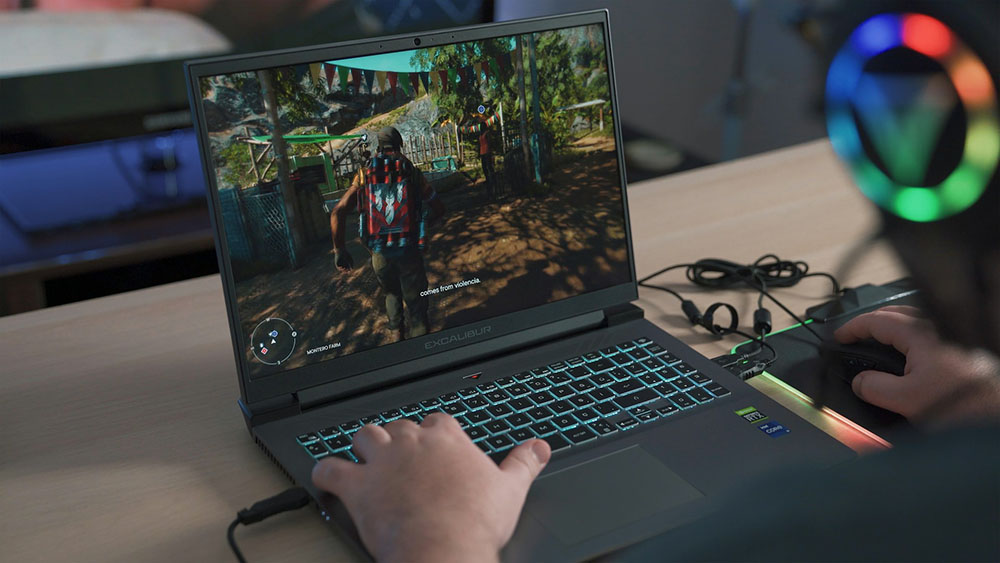
If you’ve ever found yourself humming a battle theme while doing dishes or welling up at the sound of a quiet piano melody that once accompanied a fictional farewell, you’re not alone. For decades now, video game music has evolved from simple background noise to emotionally layered, thematically rich compositions that rival film scores—and in some cases, outshine them.
But what exactly makes classic video game music so unforgettable? Why do themes from The Legend of Zelda, Final Fantasy, Chrono Trigger, or even Undertale stick with us long after we’ve put the controller down? The answer lies somewhere between psychological memory loops, brilliant design, and the intimate role of player immersion.
From 8-bit Bleeps to Symphonic Landscapes
Early video game music was limited by hardware. The NES or Game Boy could only play a few sound channels at a time, resulting in short loops of highly melodic tunes. But those constraints became creative engines: composers like Koji Kondo (Zelda) or Nobuo Uematsu (Final Fantasy) crafted unforgettable motifs that burrowed into our brains by sheer necessity. If a track was going to loop endlessly on a dungeon crawl, it had to be catchy without becoming grating.
Modern games have no such limitations—and yet, some of the most beloved melodies remain deceptively simple. Chrono Trigger’s “Corridors of Time” is a floating, ambient piece that evokes both mystery and tranquility. Skyrim’s “Dragonborn” uses thundering choirs and Nordic rhythms to make even picking flowers feel heroic. These tracks become part of your emotional memory as much as your gameplay memory.
The Loop Effect: Music as Muscle Memory
Unlike movies or books, games require time and repetition. A typical RPG might involve dozens of hours in battle screens, world maps, or hub towns. That kind of repetition wires game music into your mind at a deeper level—songs like Persona 5’s “Life Will Change” or Undertale’s “Megalovania” become neural bookmarks tied to adrenaline, strategy, or heartbreak.
This is what psychologists might call associative recall. You hear the song again—even years later—and the emotions come flooding back. It isn’t just “oh, this is nice”—it’s “I remember exactly what I was feeling when I heard this.” The music is no longer background; it’s fused with your experience.
Music as an Emotional Co-Pilot
Game soundtracks aren’t just about mood—they’re about narrative. NieR: Automata’s “Weight of the World” doesn’t just close the game with a beautiful melody—it encapsulates sacrifice, hope, and the metaphysical heart of the story. Red Dead Redemption 2’s “Unshaken” plays after a pivotal moment and brings the player into the protagonist’s head without a single word of dialogue.
Some games even use music as a form of subtle player communication. Journey (2012) shifts its soundtrack dynamically based on your exploration. Hollow Knight quietly varies its themes based on emotional tension. You don’t always notice it—but your feelings do.
The Role of Interactivity
Unlike film, where music guides a passive audience, game music responds to your choices. When you enter a boss arena and the theme shifts, it’s not just atmosphere—it’s a cue, a signal that something matters. The player feels a sense of direct engagement.
Great composers understand this dance. Yasunori Mitsuda (composer for Chrono Trigger and Xenogears) once said that his goal was not just to make beautiful music, but to make music that couldn’t exist outside the game it was made for. It had to speak to the environment, the pacing, the silence that preceded it.
A Global Language of Emotion
While lyrics and dialogue can be lost in translation, music rarely is. A haunting melody in The Last of Us or a triumphant theme in Halo resonates across cultures. These compositions become shared emotional shorthand for players around the world.
Game music concerts—once a niche idea—now pack symphony halls across continents. Fans dress up, cry at the opening bars of “To Zanarkand,” and cheer at the first note of “Gerudo Valley.” Game scores are no longer a side dish—they’re main events.
Nostalgia Meets Craftsmanship
Of course, part of what makes game music “classic” is nostalgia. But let’s not confuse emotional memory with simplicity. Many of the most iconic tracks—from Ocarina of Time to Final Fantasy X—hold up not just because of sentimentality, but because they’re genuinely well-crafted.
Harmonically sophisticated, melodically memorable, and often woven intricately into the design of the game itself, these tracks are proof that video game music is—and always has been—an art form.
The Playlist Never Ends
Whether you’re farming XP, dodging bullets, or walking across a starlit plain to talk to a dying friend, the music is there, narrating the moment. It’s why we keep returning to these games—not just for the mechanics or the nostalgia, but for that soundtrack that knows us better than we know ourselves.
So next time you hear the first few notes of a favorite game theme—close your eyes and see what memory it wakes up. You might find, just for a second, that you’re back there again. In a world made of pixels and possibility… with the perfect song playing in your heart.
